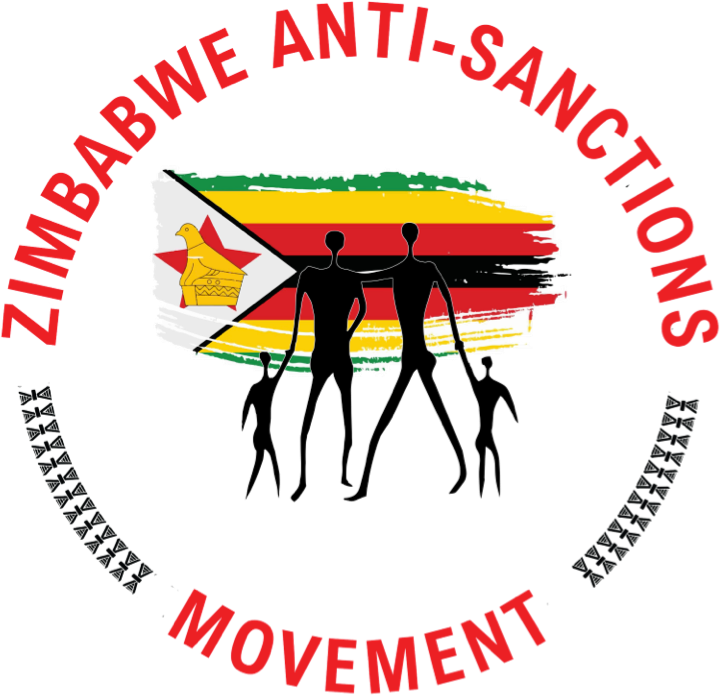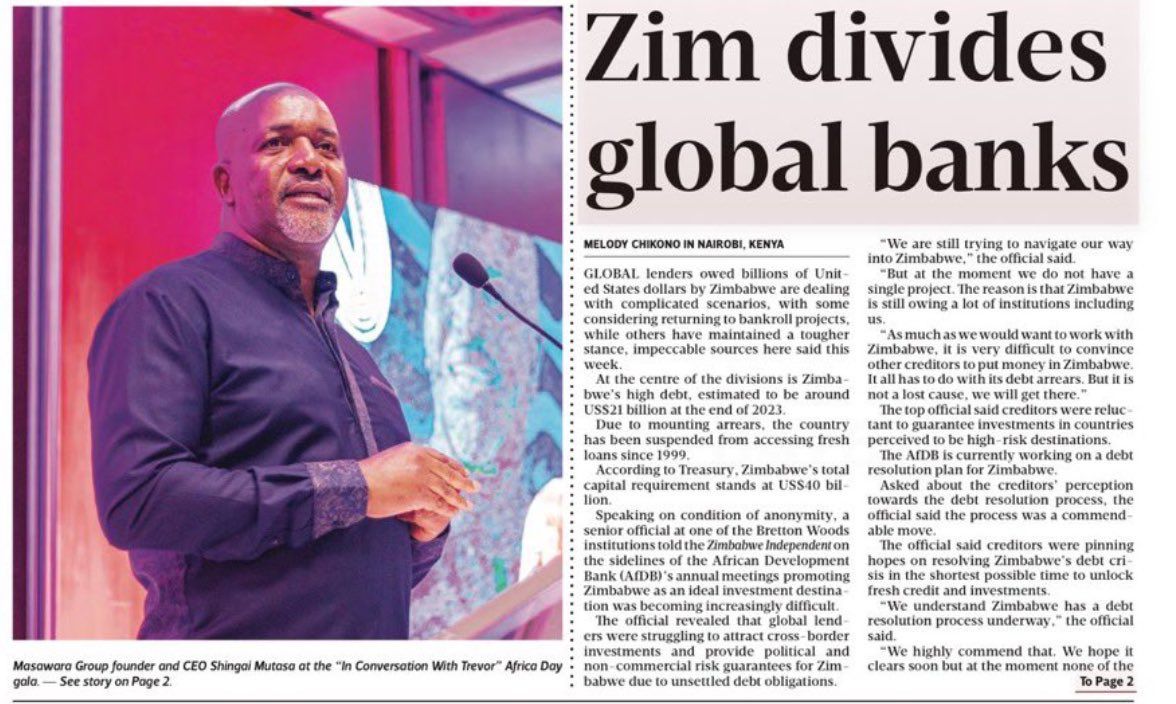
I hear many Zimbabweans suggesting that Zimbabwe was driven to bankruptcy and the crash of the dollar by paying war veterans in 1997.
However, this perception is wrong because Zimbabwe printed and paid $50,000 in local currency, to around 30,000-60,000 war veterans, which constituted a worst-case scenario payment of only 3% of GDP.
On the other hand, the United States passed the #GIBill in 1944, which paid for the education fees, housing, healthcare and allowances for over 16 million WW2 veterans, to help them reintegrate into the country after the war.
This was the equivalent of 15% of US GDP, but it did not lead to the crash of the US currency. At the time of the GI Bill’s passing, approximately 70% of universities and vocational training college attendees, were US veterans whose fees were being paid by the US government.
Hence, why should Zimbabwe’s payment of 3% of its GDP in compensating war veterans lead to the collapse of the currency when the US compensation of 15% of its GDP to its veterans did not result in a currency crash?
Moreover, what many may not know is that by the time the Zim government paid the war vets, it had already been paying over US$25 million a year in pensions -in foreign currency- to white Rhodesian soldiers and another $25 million a year to 2000 Rhodesian civil servants, since 1980.
This adds up to more than $1.1 billion by 2003 ($2.1 billion today) when the government stopped making those payments. So why didn’t the dollar crash over those 23 years of paying the pensions of the enemy?
Even today, the British government is still seeking about $25 million per year for its 2000 pensioners from the Zimbabwean government.
Despite Zimbabwe having paid a hefty $850 million in foreign currency pension payments to Rhodesians by #BlackFriday, Zimbabweans still continue to blame the fall of the dollar on the compensation of war veterans with the Zim dollar equivalent of US$240 million.
This argument is flawed because the reasons behind the fall of the Zim dollar on Black Friday, 1997, were due to various factor. These include, the pullout of $3.8 billion in foreign investments from the western-dominated Zimbabwean financial markets, after war veterans received their gratuities and were further promised 20% of all appropriated land in land reform.
White capital pulled out on Black Friday to punish the Zimbabwean government for compensating war veterans and planning to take white land to give to the war veterans as well.
The white community understood the power the war veterans and their leader Chenjerai Hunzvi wielded, to push government to do what they want. So they were pushing back to demonstrate their capacity to crash the economy if they didn’t get their way. But they made a blunder because Mugabe called their bluff and they ultimately lost everything to indigenization.
We should learn from #BlackFriday, that despite Zimbabwe being open for business, let’s not allow our economy to be monopolized by foreigners who can sabotage it, as they did on Black Friday. Instead, let’s advocate for a predominantly locally-owned economy.
So, Zimbabweans who believe that the economy collapsed in 1997 due to war veterans [who secured the country’s independence] being paid in local currency; forget that what war vets were paid was the equivalent of just 30% of the $850 million pension payments, made to Rhodesian soldiers and civil servants in 17 years of independence.
They also overlook that Zimbabwe inherited and repaid $700 million ($2.8b today) Rhodesian debt after independence; it spent $3.8 billion (11.2 billion today) fighting the apartheid government; it had to borrow $3.5 billion ($11 billion) to develop electricity, roads, schools and hospitals that the colonizer never constructed; it lost over $3 billion in industry to ESAP and it borrowed $400 million in high interest loans from the IMF and World Bank for 1992 drought relief.
Then of course there are IMF and IDA ESAP sanctions. The cumulation of all these colonial legacy factors, is what broke Zimbabwe’s currency.
By Rutendo Matinyarare, Chairman of ZASM.
https://www.iamrutendo.online/post/did-war-vets-collapse-zim-dollar





